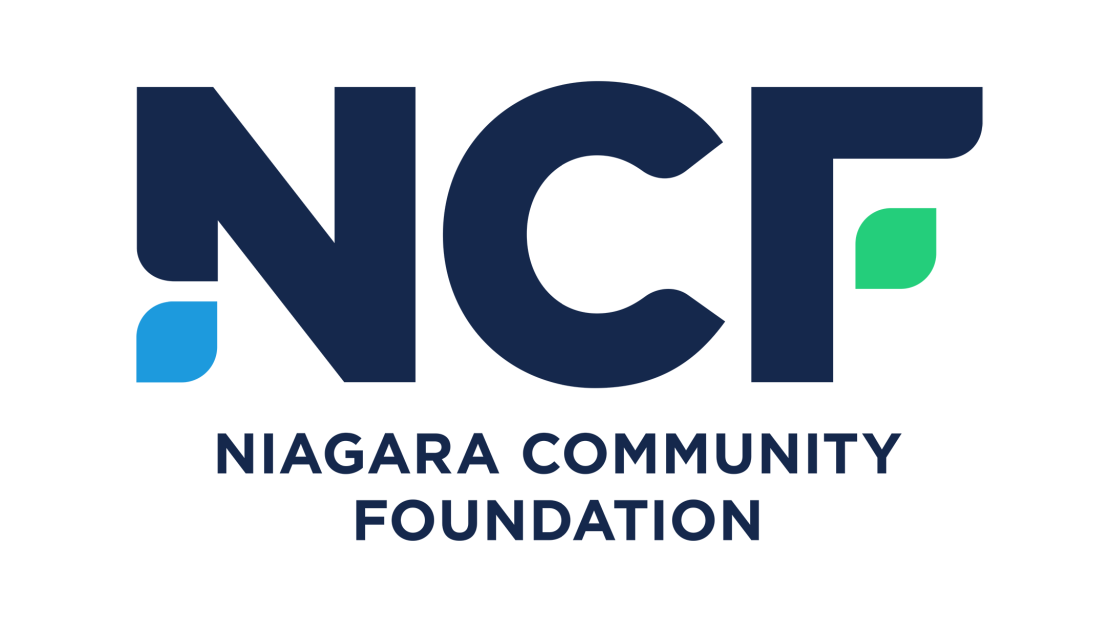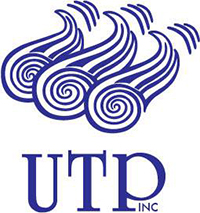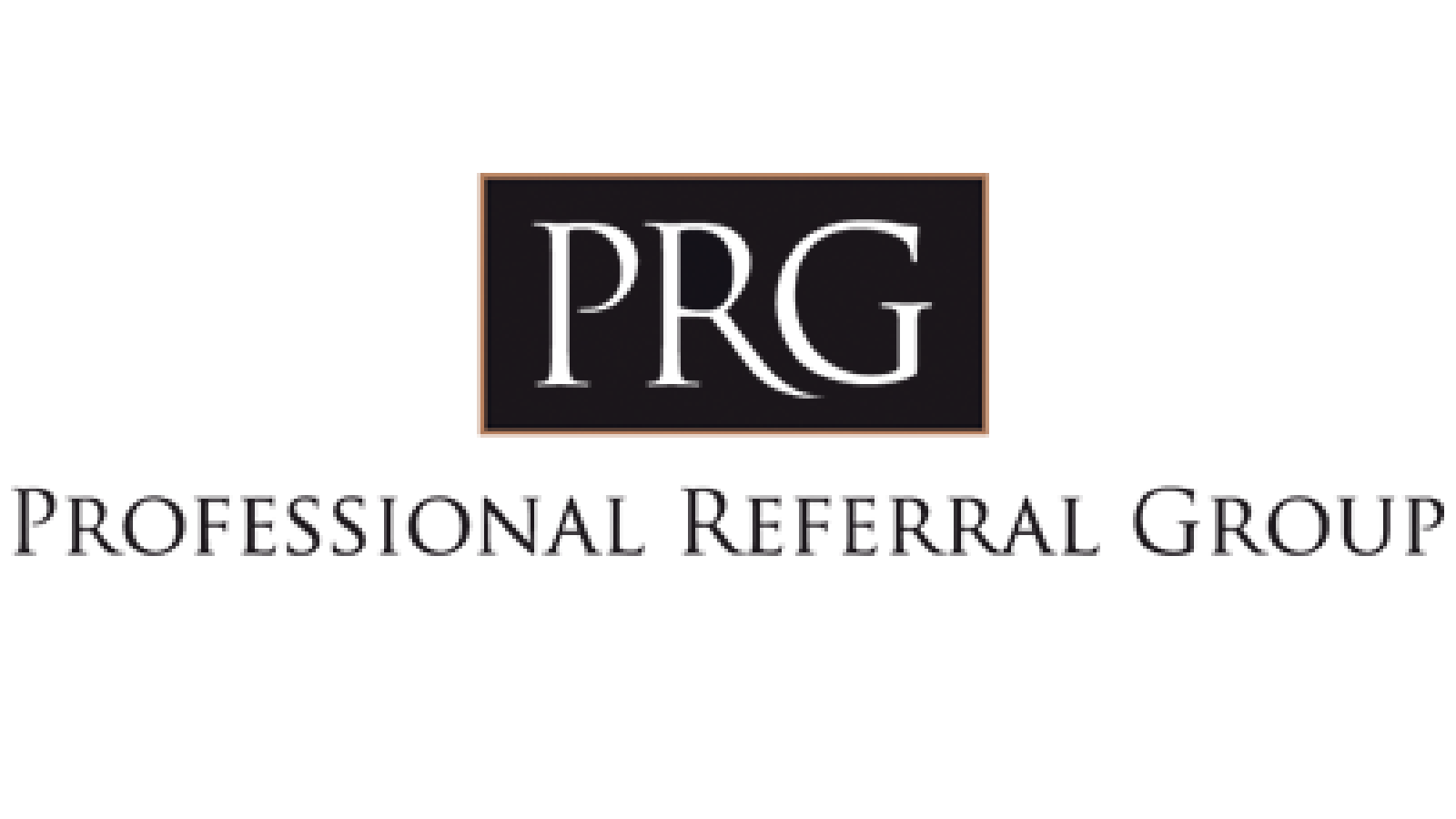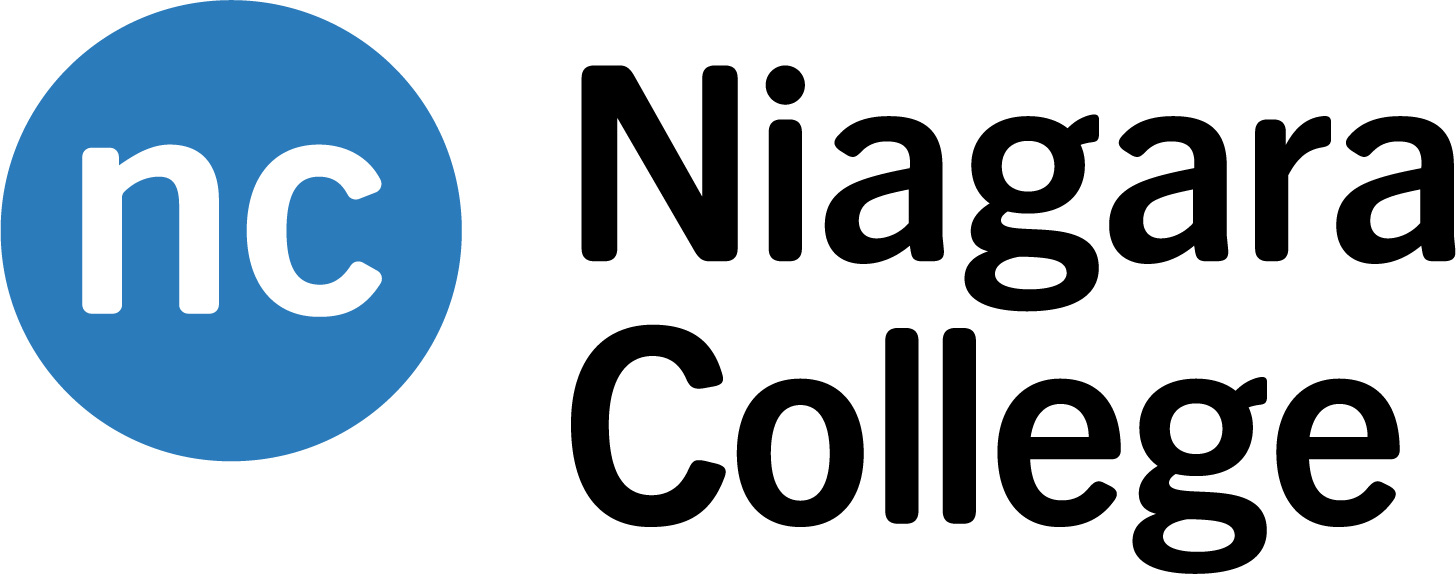The 2021 Budget won’t make Canadian real estate more affordable for homebuyers, but consumers have dodged a policy “bullet” after much speculation around changes to the capital gains tax exemption, or other measures aimed at cooling the hot Canadian housing market.
The Federal Government has introduced the following budget items related to housing:
- $2.5 billion to Canada Mortgage and Housing Corporation over seven years, to fund the Rapid Housing Initiative, Affordable Housing Innovation Fund, Canada Housing Benefit and Federal Community Housing Initiative
- $1.3 billion, advanced and reallocated to previously announced funding to build and repair units and convert commercial space into rentals
- $3.8 billion to build, repair and support 35,000 affordable housing units
- 1% value-based tax proposed on vacant homes Canada-wide, owned by foreign non-residents
The budget does little to address the severe housing supply shortage plaguing the Canadian housing market. In fact, the only measure that would impact the resale market is the one-per-cent tax on non-resident, non-Canadian owned residential real estate that is considered to be vacant or underused, effective January 1, 2022.
This tax is unlikely to impact most Canadian real estate markets, given that speculators are not a factor, according to recent RE/MAX research. In a recent survey of RE/MAX brokers and agents, 96 per cent said end-users were the primary homebuyers in their region, and that speculators were not a factor in rising prices.
RE/MAX is aligned with the additional commitment from the federal government to continue building affordable housing units and allocating funds to address urgent housing issues. However, Canada still lacks a national housing strategy that would increase supply and help to cool the market in the most effective way possible. Defaulting to conventional changes in tax and/or mortgage policies, as has been deployed in the past and reintroduced in this budget as a foreign buyers’ tax, will not provide a long-term solution to Canada’s housing affordability crisis.
Only by grossly increasing supply in the Canadian housing market to reach the majority of homebuyers, making all purchases conditional on financing to reduce financial overextension of buyers, and implementing regulations concerning listing price thresholds, will we find the answer to cooling the exuberance enveloping Canadian real estate.
Yes, we have a problem given the unprecedented levels of activity in the Canadian real estate market ─ from soaring price increases from coast to coast spurred-on by overwhelming demand to profound challenges in housing affordability. While COVID-19 has made this significantly more pronounced, the issues facing the Canadian housing market were brewing long before the pandemic struck.
There have been many unintended consequences of previous government interventions that have, in fact, exacerbated our current predicament. In many ways, Canadian real estate is still reeling from the pent-up housing demand of 2017, when cooling measures such as the foreign buyer’s tax and the mortgage stress test pushed many homebuyers to the sidelines. People bided their time and, in many instances, saved their money with the aim of getting back in the market at a later date.
That time has come, largely as a result of COVID-19. Canadians’ self-reflection of all things quality-of-life related, coupled with record household savings and the abundance of “cheap money” thanks to low interest rates, created the problem we have today.
Cooling measures leveraged by the federal government in the past certainly offered some short-term relief, but failing to address housing supply means this problem will keep coming back in the longer term. Without helping cultivate a much healthier balance between supply and demand, all other interventions by the government will be mere band-aid remedies.
Source: blog.remax.ca
 Back to myNiagaraOnline
Back to myNiagaraOnline
































